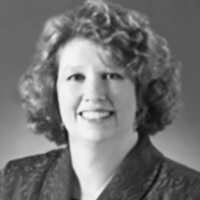Question
What does the acronym OASIS stand for? What is the importance of this assessment?
Answer
The OASIS (Outcome and Assessment Information Set) is a tool utilized by home health agencies and the Centers for Medicare and Medicaid Services (CMS) to determine funding reimbursement for care provided. This tool encompasses sociodemographic, environmental, support system, health status, and functional status attributes of adult patients. In addition to measuring patient outcomes, OASIS data have three important uses in the areas of:
- Patient assessment and care planning for individual adult patients
- Agency-level case mix reports that contain aggregate statistics on various patient
- Internal home health agency (HHA) performance improvement
characteristics such as demographic, health, or functional status at start of care
This Ask the Expert was taken from the course entitled: Being An Effective Home Health SLP
Visit the SpeechPathology.com library to view all of our live, recorded, and text-based courses on a variety of topics.
Jenny Loehr is a speech-language pathologist employed by Gentiva Health Services. Her focus of practice in the past twenty years has been adult/geriatric neurology with an emphasis on dementia programming. She currently oversees and implements the rehabilitation program at Arden Courts Assisted Living Facility and Cedar Ridge Alzheimer's Specialty Care Center in Austin Texas. Ms. Loehr has made numerous presentations at the Texas Speech and Hearing Association and the annual convention of the American Speech and Hearing Association.

